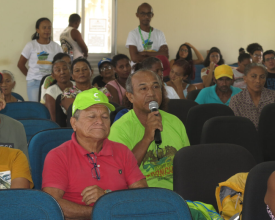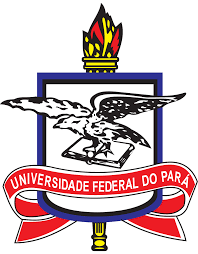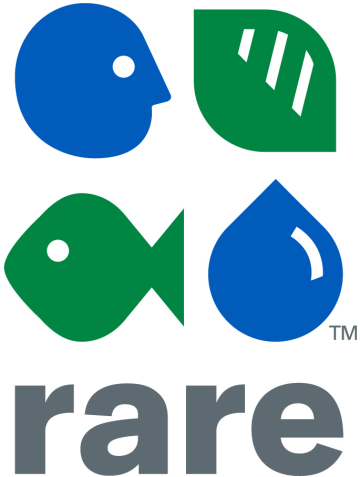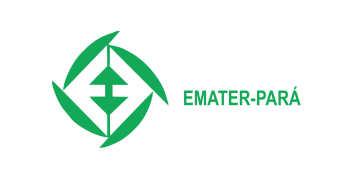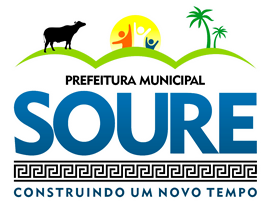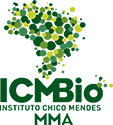
Valoriser les zones protégées grâce aux connaissances scientifiques et traditionnelles

En raison du faible niveau de retour des résultats de la recherche aux communautés traditionnelles de la réserve marine extractive de Soure et du manque de reconnaissance de la zone protégée et de ses activités extractives durables, la gestion de la zone a promu un séminaire de recherche pour un dialogue entre les parties prenantes des aires protégées, en amenant les populations extractives en tant que protagonistes. Le séminaire a réuni les conseillers de la réserve, la communauté universitaire, le gouvernement municipal et les extractivistes. Ses objectifs étaient de partager les connaissances produites dans l'AP, en présentant des études sur l'utilisation des ressources naturelles locales, la contextualisation sociale du territoire et les institutions de gestion des ressources, en stimulant la génération de propositions pour gérer le développement des connaissances et en sondant les principales demandes de la communauté locale en ce qui concerne la production et la diffusion des connaissances scientifiques par les chercheurs.
Impacts
L'activité a été un forum important pour le retour de la recherche et de l'intégration et a fourni un échange de connaissances entre les acteurs de différentes parties de la société, des protagonistes de la production extractive locale à la production de connaissances scientifiques et même les gestionnaires et les décideurs de politiques publiques, en diffusant les connaissances et en améliorant les chaînes de production locales.
L'événement a donné de la visibilité aux règles de gestion de la zone protégée, en diffusant l'importance des zones protégées dans la préservation des ressources environnementales et en stimulant les activités de recherche dans l'unité en formant des partenariats avec différentes institutions de développement.
La participation des extractivistes aux tables rondes organisées lors de l'événement a souligné l'importance de la zone protégée et des extractivistes dans l'économie municipale, augmentant de manière satisfaisante l'estime de soi des résidents locaux, leur donnant un sentiment d'appartenance et de citoyenneté où ils ont pu demander aux autorités compétentes de mettre en œuvre des politiques et des actions publiques liées aux sujets discutés lors du séminaire.
Une fois les résultats obtenus, il a été possible d'encourager la participation des extractivistes au suivi participatif de la zone protégée, en générant des subventions pour le dialogue de gestion avec les organismes clés afin de contrôler et de renforcer les chaînes de production extractive.

